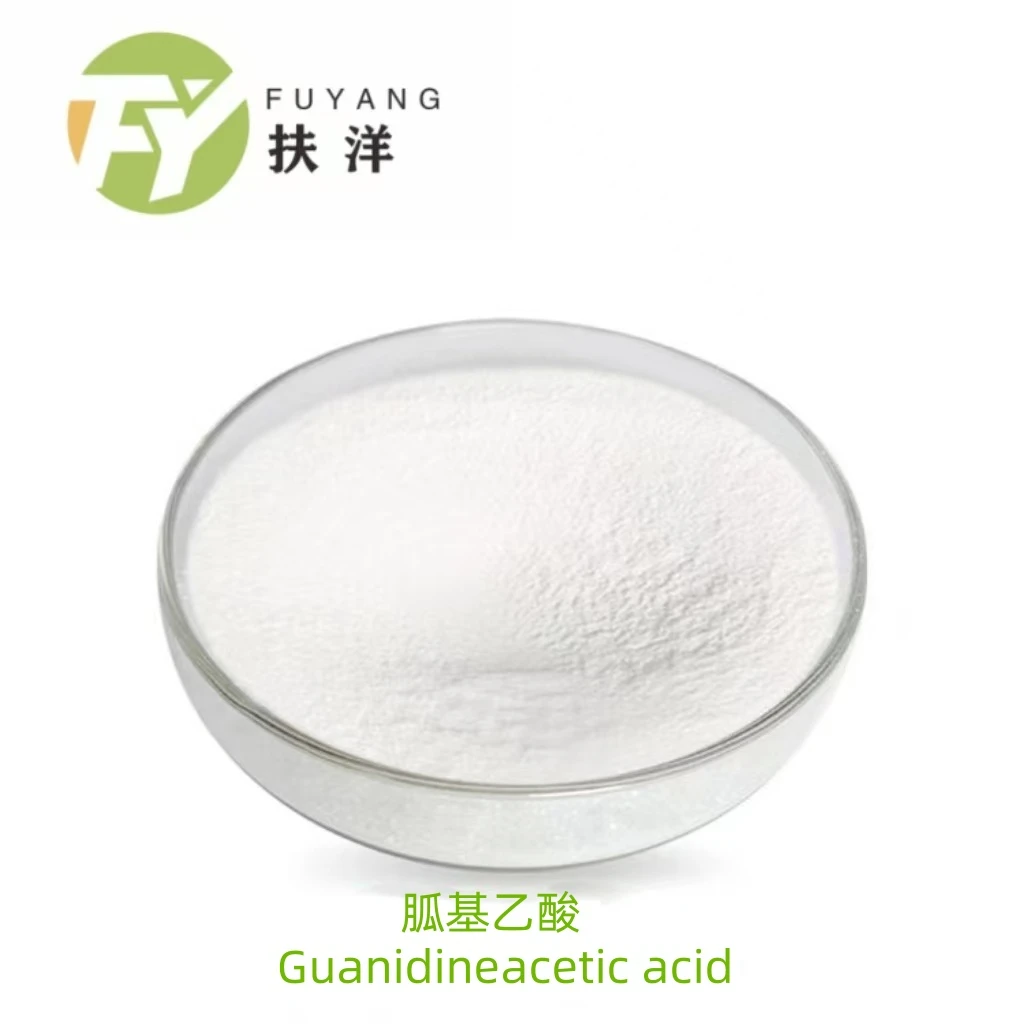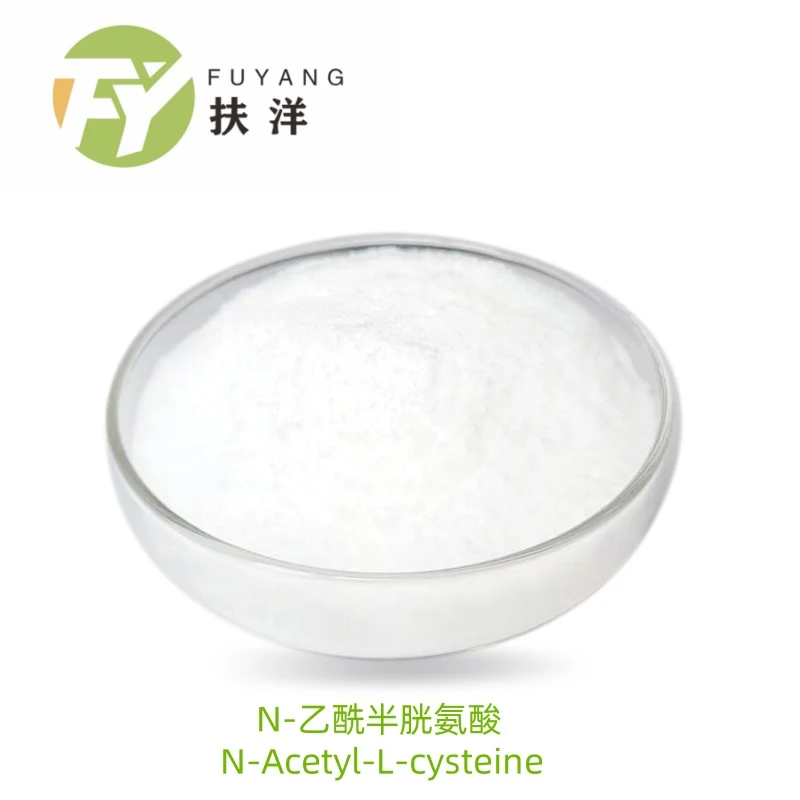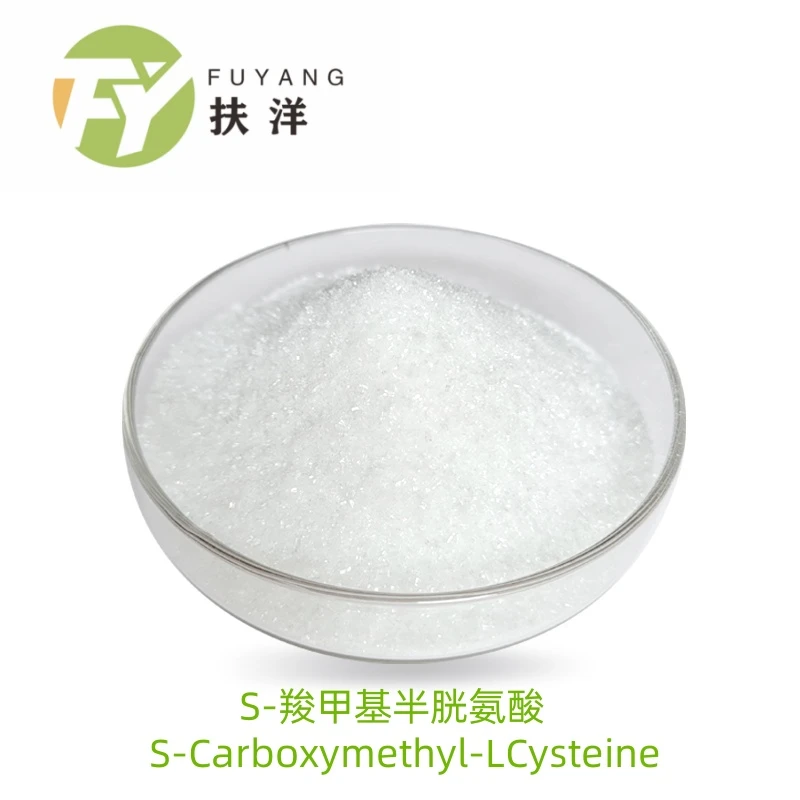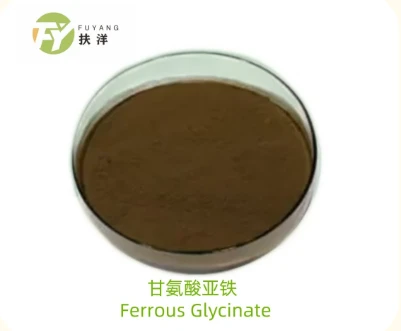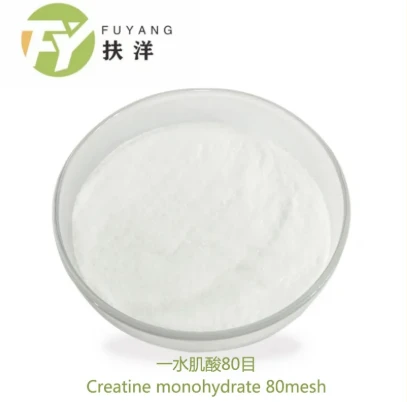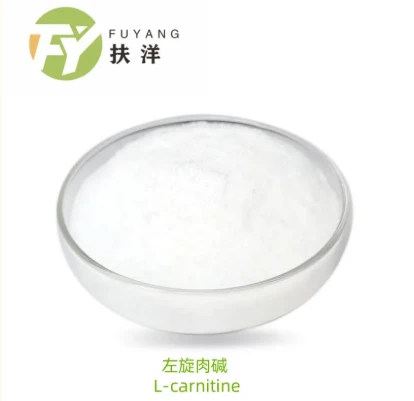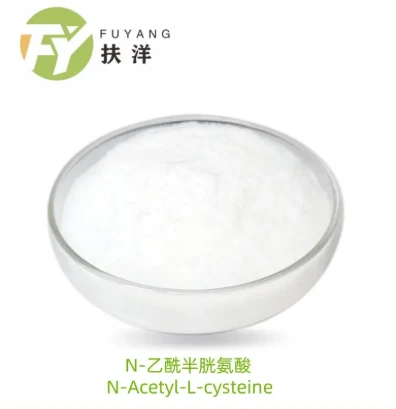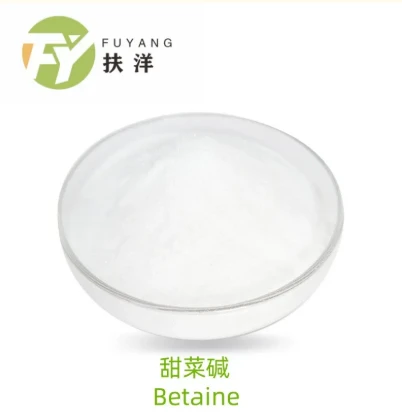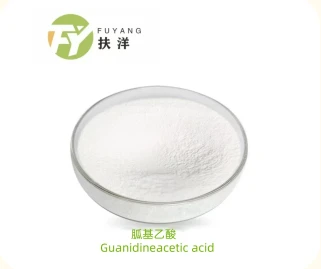- Introduction: Unveiling Creatine Monohydrate Advantages
- The Science Behind Creatine Monohydrate and Its Benefits
- L Carnitine Advantages and Comparison with Creatine Monohydrate
- Advantages of Magnesium Glycinate: More Than Just Muscle Health
- Manufacturer Comparison: Creatine Monohydrate, L Carnitine & Magnesium Glycinate
- Tailored Solutions: How to Choose and Stack for Optimal Results
- Conclusion: The Strategic Edge of Creatine Monohydrate Advantages
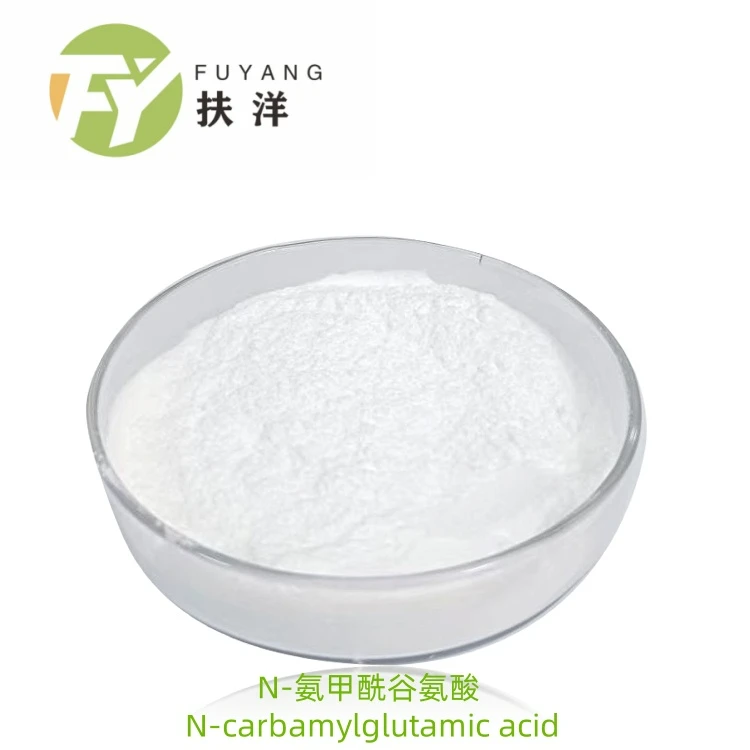
(creatine monohydrate advantages)
Introduction: Unveiling Creatine Monohydrate Advantages
Creatine monohydrate advantages have become a cornerstone topic in performance nutrition and wellness due to its robust scientific backing and widespread use among athletes, fitness enthusiasts, and even seniors. Not only does it stand out as a muscle-building supplement, but its cognitive and systemic benefits drive its popularity. This comprehensive overview dives deep into the data-supported benefits, technical value, manufacturer landscape, and custom usage strategies of creatine monohydrate, while also exploring the advantages of related compounds such as L carnitine and magnesium glycinate.
The Science Behind Creatine Monohydrate and Its Benefits
At the cellular level, creatine monohydrate acts as a readily available phosphate donor, catalyzing the rapid regeneration of adenosine triphosphate (ATP) during high-intensity, short-duration activities. According to a meta-analysis published in the Journal of Strength and Conditioning Research (2012), supplementation with creatine monohydrate increases total muscle creatine content by up to 20% and delivers an average increase of 8% in maximum strength and 14% in endurance within four to twelve weeks of use.
Beyond muscle performance, several studies have found that creatine also:
- Improves cognitive processing, especially in sleep-deprived individuals (Turner et al., 2015).
- Accelerates recovery and reduces markers of muscle damage post-exercise.
- Displays neuroprotective properties in aging populations, potentially delaying the onset of neurodegenerative disorders.
L Carnitine Advantages and Comparison with Creatine Monohydrate
L carnitine complements creatine monohydrate by facilitating fatty acid transport into mitochondria for oxidation—a critical pathway during endurance activities. Clinical data published in the Journal of Physiology illustrated an increase of 55% in submaximal exercise fat metabolism with L carnitine supplementation. While creatine amplifies short-burst power, L carnitine excels during extended aerobic sessions, reducing muscle soreness and post-exercise lactate accumulation by up to 35% (Broad et al., 2011).
The table below summarizes primary outcome measures in recent trials:
| Supplement | Primary Benefit | Performance Increase | Recovery Advantage | Typical Dosage |
|---|---|---|---|---|
| Creatine Monohydrate | ATP Regeneration | 8% (Strength) | Faster Muscle Repair | 3-5g daily |
| L Carnitine | Fatty Acid Oxidation | 55% (Fat Metabolism) | Reduced Soreness | 1-3g daily |
| Magnesium Glycinate | Muscle Relaxation, Sleep | N/A | Less Cramping | 200-400mg daily |
Advantages of Magnesium Glycinate: More Than Just Muscle Health
Magnesium glycinate stands out for its high bioavailability and gentle impact on the digestive system—attributes critical for consistent supplementation. Recent double-blind controlled trials (Holcomb et al., 2023) highlighted its role in reducing exercise-induced cramping by 34% and improving sleep quality metrics by 38% within six weeks. Both athletes and non-athletes alike benefit from its capacity to restore magnesium balance, particularly under intense training or chronic stress.
Magnesium glycinate also synergizes with creatine and L carnitine, supporting energy production, neuromuscular coordination, and overall recovery. When integrated into a broader supplement stack, it facilitates optimal nervous system function—imperative for both training outcomes and daily well-being.
Manufacturer Comparison: Creatine Monohydrate, L Carnitine & Magnesium Glycinate
The purity, solubility, and consistency of these supplements vary significantly between manufacturers. An analysis of third-party-tested products from key industry leaders illustrates clear differences in manufacturing standards:
| Brand | Creatine Monohydrate Purity (%) | L Carnitine Source | Magnesium Glycinate Bioavailability | Heavy Metal Testing |
|---|---|---|---|---|
| Creapure® (AlzChem) | 99.99% | N/A | N/A | Pass |
| MuscleTech™ | 99.9% | Tartrate | Moderate | Pass |
| NOW Foods | 99.5% | L-Tartrate | High | Pass |
| NutraBio® | 99.9% | Fumarate | High | Pass |
| Generic Brands | 96-98% | Varies | Low-Moderate | Variable |
Consumers are strongly advised to source supplements from transparent manufacturers that provide Certificates of Analysis. The highest-rated products display consistency in raw material quality, verified by both HPLC and FTIR fingerprinting techniques. Technical superiority, such as micronized or enhanced-absorption forms, can further augment results while reducing gastrointestinal discomfort.
Tailored Solutions: How to Choose and Stack for Optimal Results
All users—from elite athletes to individuals seeking cognitive clarity—should tailor their supplementation based on goals, lifestyle, and underlying health conditions. Combining creatine monohydrate, L carnitine, and magnesium glycinate can lead to additive or synergistic effects if dosed properly. For example, stacking creatine with L carnitine may increase total work volume during training while also reducing recovery time. Supplementation timing, such as ingesting creatine post-workout with carbohydrates, can further amplify muscle uptake and glycogen resynthesis (Steenge et al., 2000).
Practical implementation includes:
- Loading phase (for creatine): 20g per day divided into four doses for 5-7 days, followed by 3-5g daily maintenance.
- L carnitine administered 30-60 minutes pre-workout for pronounced fat oxidation benefits.
- Magnesium glycinate taken in the evening to support sleep and relaxation, or post-workout to relieve muscle cramping.
Conclusion: The Strategic Edge of Creatine Monohydrate Advantages
In the pursuit of peak human performance, creatine monohydrate advantages
remain unrivaled for rapid strength, power output, and recovery. When judiciously combined with the unique properties of L carnitine and magnesium glycinate, the advantages multiply to encompass fat metabolism, systemic resilience, and enhanced sleep quality. Ongoing technological advancements by premium manufacturers raise the bar in safety and bioavailability.
The testimonials from elite athletes, weekend warriors, and health-conscious individuals underscore the real-world validity of these compounds. Their application ranges from championship-level sports to clinical support for age-related muscle loss and cognitive decline. With well-documented safety profiles, stacking protocols, and a spectrum of clinically substantiated benefits, creatine monohydrate continues to provide a strategic, evidence-based edge to those who make performance and wellness a top priority.
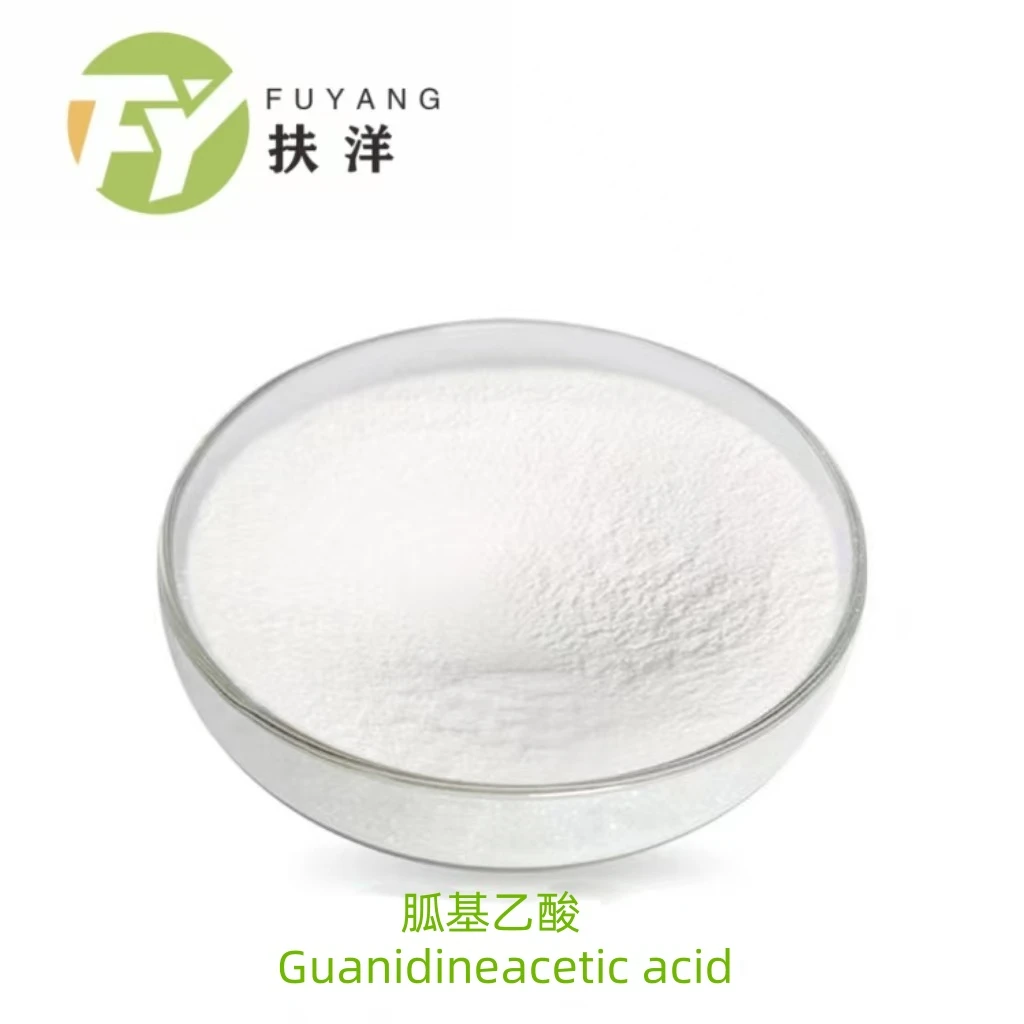
(creatine monohydrate advantages)

